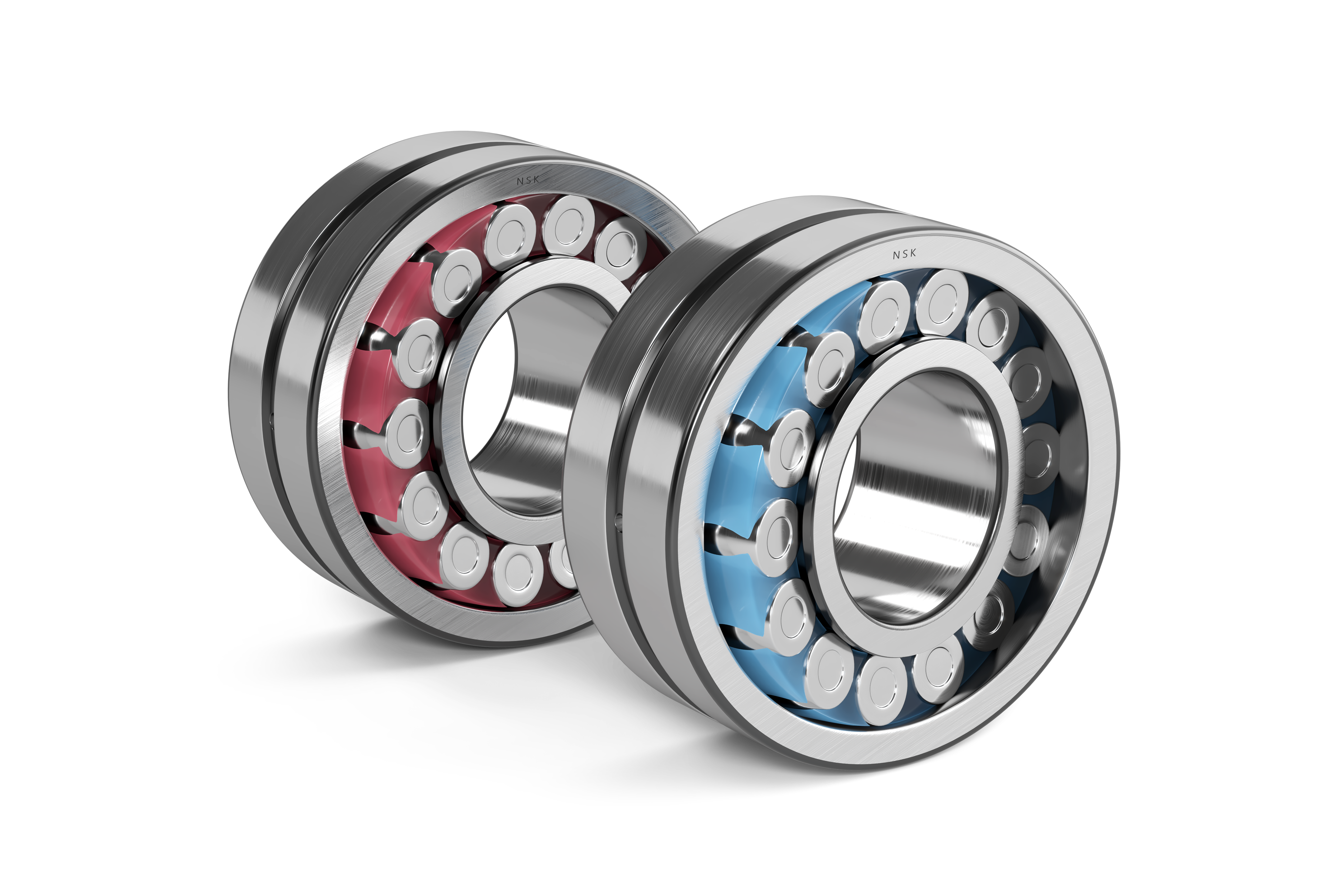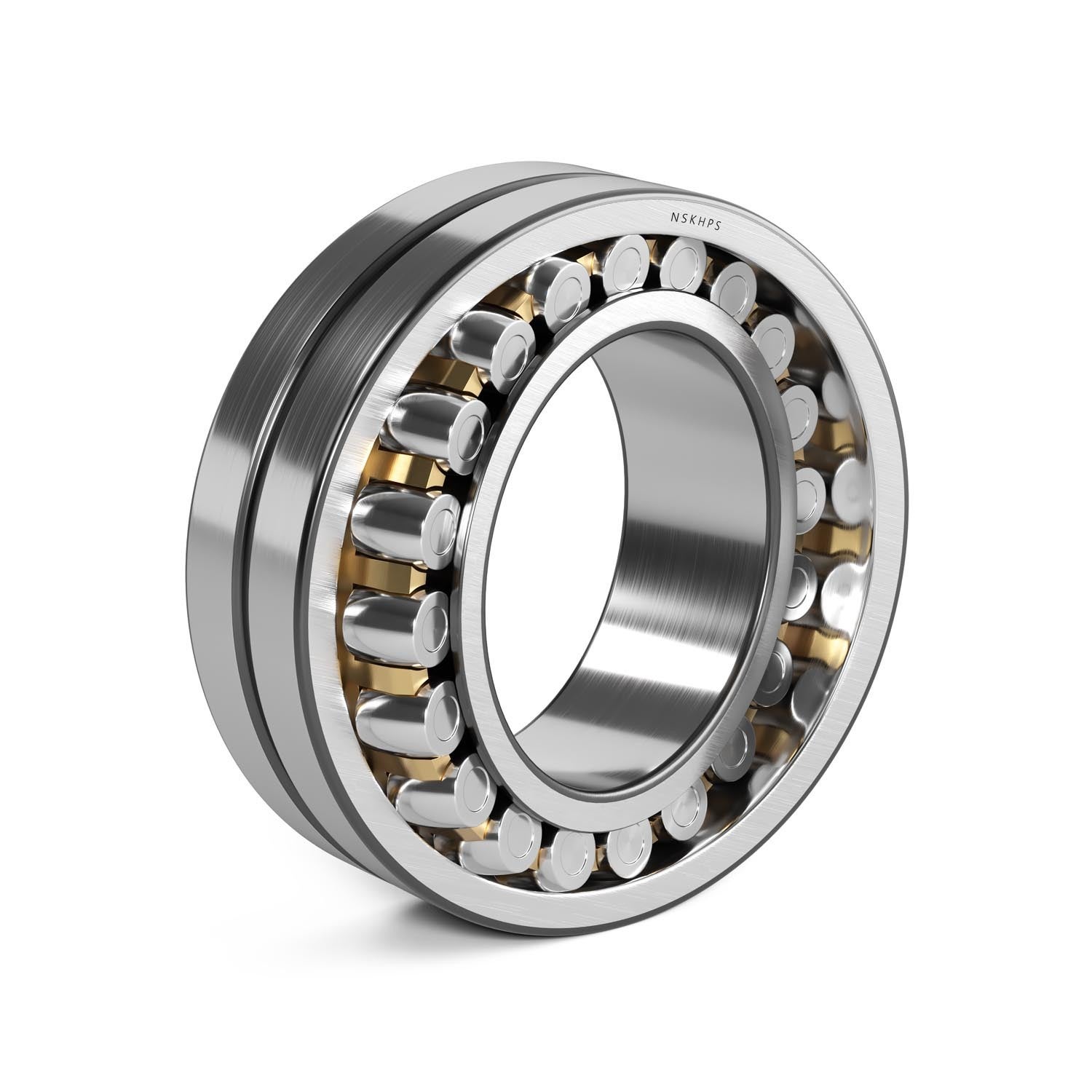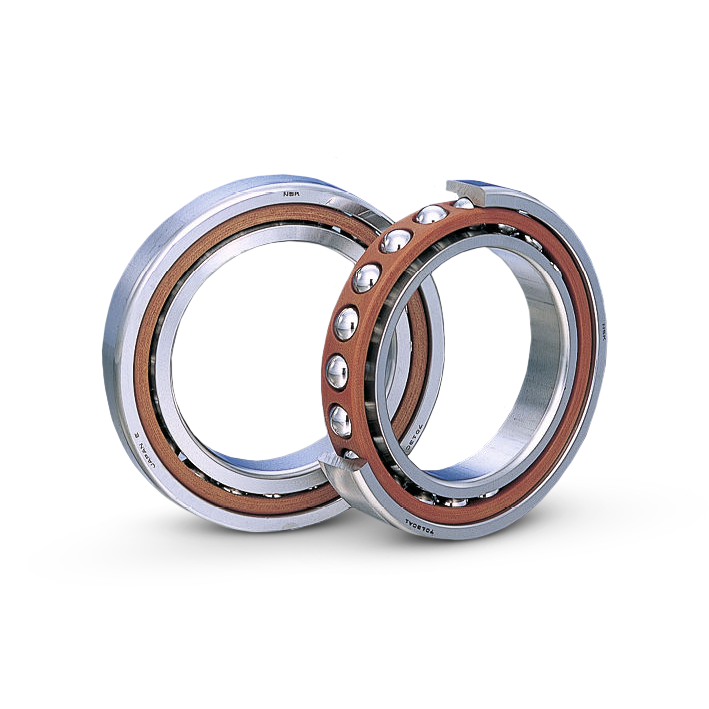Q&A – Bearings for the Cement Sector
The cement industry is an extremely challenging environment which places significant demands on components such as bearings.
Here at NSK we have years of experience designing and producing parts specifically for cement. In this Q&A, we sit down with Sector Manager Anton Mozhaev to find out how we go about ensuring our bearings can stand up to anything the sector throws at them.
"There is always room for improvement – it is not a one-time fix, but an ongoing process." - Sector Manager Anton Mozhaev
"What are NSK’s key products for this sector and how do they meet the specific demands of cement firms?"
To ensure longer and more stable operation in the cement and mining industries, we continuously focus on improving several key performance factors:
When it comes to withstanding heavy loads, we offer our HPS series, but we have also achieved higher load ratings by developing a new, highly accurate bearing life prediction method. This method uses ultrasonic testing to analyse non-metallic inclusions in bearing steel, allowing us to safely increase the basic dynamic load ratings of various bearing types. The result is longer service life and the potential for more compact and efficient designs.
For shock loads and high-vibration conditions, such as vibrating screens, we offer specially tailored solutions with optimised internal designs and machined brass cages, well-suited for such demanding environments.

"What features and benefits make NSK’s products stand apart from the competition?"
In challenging conditions involving contamination and poor lubrication, we offer a range of advanced TF-steel bearing materials that significantly slow down and reduce flaking and wear propagation through specialised steel alloys and applied heat treatment processes. Additionally for enhanced durability in specific applications we provide detachable, contact-type heavy-duty seals, enabling control of radial clearance of spherical roller bearings their inspection and relubrication when required.

"Which stages of the cement manufacturing process present the greatest challenges for bearing performance, and how has NSK addressed these application-specific needs?"
In the production process, every application - from the crusher or cooling fan to the vertical grinding mill or roller press - can have its own specific pain points, which may vary from one facility to another. The most critical failure points often become evident during our visits and discussions with customers.
In most cases, it is related to contamination ingress, poor lubrication, or exposure to shock and heavy loads with vibrations - conditions where conventional bearing solutions may not provide the required or expected service life. Our goal is to work together with customers to identify the most problematic applications and deliver measurable added value solutions that contribute to improved equipment performance.
This is achieved through various approaches, including Root Cause Failure Analysis of damaged bearings, evaluation of application design and operating conditions, and leveraging successful case studies from other customers and similar applications.
"How does NSK support cement clients beyond just supplying components—what value-added services or engineering support are offered?"
Of course, to run a successful long-term business, it is not enough to simply sell products - we must also provide support that gives our customers confidence in the reliability of both our solutions and services. We are fully committed to supporting our customers through our AIP program of added-value services, which includes topics such as RCFA, training, on-site support for application or bearing design and condition monitoring services provided by us and our partners.
Have a question? Contact the team now.
"To what extent does NSK collaborate directly with OEMs or end users to co-develop customised solutions for cement industry applications?"
We deliver both our standard and custom solutions to OEMs and end users globally. For any application - vibrating screens, crushers, vertical roller mills, roller presses, kilns, conveyors and more - we can provide an advanced solution that enhances machine performance and efficiency.
For instance, one of our latest developments for the cement and mining industries is the first large-size tapered roller bearings that can be fully disassembled, inspected, reconditioned if necessary, and then put back into service.
Such bearings must offer long life and a design structure that supports long-term use through repairs and equipment maintenance. These newly developed products have up to twice the lifespan of conventional bearings, thanks to NSK's exclusive Micro-UT™ ultrasonic material testing method and highly accurate life prediction.
"How does NSK set itself apart itself from other bearing suppliers in such a demanding industry?"
We have a solid background with over 100 years of experience in bearings, serving a wide range of industries in both OEM and aftermarket sectors. When it comes to heavy industries, our products provide added confidence thanks to our expertise in specially developed bearing materials, such as special alloy steels enhanced by innovative carbonitriding heat treatment technology. This is especially important for operations under the harsh conditions typical of the cement and mining sectors, including contamination and lubrication challenges.
"Looking ahead, what trends or technological shifts do you foresee having the biggest impact on the cement industry? How is NSK preparing for them?"
Global sustainability and environmental trends are pushing producers to reduce CO2 emissions, become more environmentally friendly and improve production efficiency by lowering energy costs and minimising machine downtime. To reach our targets, we focus on delivering modern, competitive solutions that align with today’s challenges and future industry demands, offering added-value properties that help optimise bearing performance and enhance machine reliability.

"Finally, If you could only say one thing to potential customers in the Cement Sector, what would it be?"
Sometimes, I see bearings in critical applications being replaced every couple of years, or even more often. As long as they do not cause unplanned shutdowns and are replaced during regularly scheduled maintenance periods, this is not typically seen as a problem for customer.
But what if in that same application the bearings could last several times longer and help reduce various maintenance costs, including the cost of the bearings themselves?
There is always room for improvement – it is not a one-time fix, but an ongoing process. If you're looking to enhance the efficiency of your current or future equipment, feel like you are replacing bearings too often or are not satisfied with their performance, we are here to help.